By Van Bryan, Contributing Writer, Classical Wisdom
While the works of Aristotle are numerous, detailed, and profound in their own ways, it is arguable that the philosopher’s most notable contributions are in the realm of Ethics. It was once believed that all you really needed to know about Western philosophy could be found within the pages of Plato’s The Republic and Aristotle’s Nicomachean Ethics.
While we may be hesitant to dismiss the numerous other philosophical contributions so quickly, this notion does accurately display the profound influence Aristotelian ethics has had on the world of philosophy and beyond. More of a guide to self improvement rather than a series of abstract musings, Nicomachean Ethics aims at making us better people, or as Aristotle puts it, “excellent people.” It is for this reason that these ideas are of such importance. No longer are we trapped in the realm of theoretical consideration. We are on a mission to find “The Good” and shape ourselves accordingly.
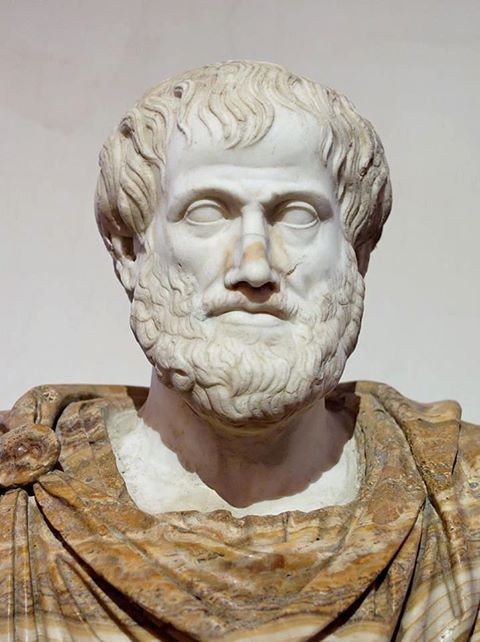
Bust of Aristotle
Aristotle makes the claim that all things have a final end or purpose for which they aim. This is known as “the final cause” and it is the culmination of a things potential. For a seed, the final cause would be an adult tree. For a sailboat, the final cause would be the act of sailing. However, for a human being, the final cause is… what exactly?
You may be tempted to say that there is not final cause, no ultimate end at which we aim. That would beg the question, ‘why do anything at all?’ Aristotle argues that there must be a final end to our actions. All of our suffering and our struggles must be an attempt to arrive at some final good that is intrinsically desirable. Otherwise, we would find ourselves stuck in an infinite regression where we continuously seek out extrinsic goods but never arrive at some final destination.
An illustration of this is quite simple. If you were to ask me why I write philosophy newsletters, I would undoubtedly give you an answer. I might tell you that I get paid to do this, or that I have an obligation that I wish to fulfill. Receiving money or living up to obligations is good, but they are only good insofar as they can get you other things such as a cozy apartment or the respect of your employers. Therefore, these things are not good in themselves, but only good in that they allow us to receive other things.
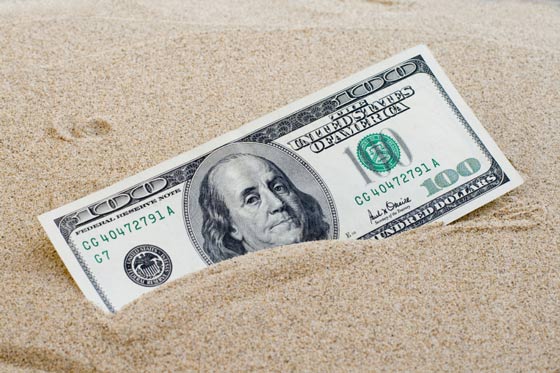
Money brings happiness?
If I were to find myself lost in the desert, with millions of dollars in my briefcase, I would sooner burn the money to attract the attention of a passing jet liner rather than carry around so much worthless paper. With nothing to spend it on, money is of no use. It’s value only extends as far as it’s ability to obtain other things. In this way, money and material wealth are extrinsic goods. From this we understand that wealth can not be our final cause, for it is not intrinsically desirable.
If we were to continue on this line of questioning about why I write, you could ask why I want a cozy apartment or the respect of my employers. With every answer I give, you could then ask me once more, ‘why?’ After some time of this, I guarantee that eventually I will tell you “… because I want to be happy.” If you were to ask me again why I want to be happy, I would immediately stop talking to you and walk away.
Why do you want to be happy? The answer, it would seem, is that we just do. Unlike money, happiness needs no alternate goods to be of use. Happiness is of value; it is perhaps the most valuable asset we can ever achieve. You cannot store it in a bank or invest it in emerging markets. It cannot gain compounding interest, nor can it be converted to gold. Yet there it is, happiness: it is desirable in itself. Happiness is complete, fulfilling, and intrinsically desirable and it can be argued that once you have happiness, you need nothing else.
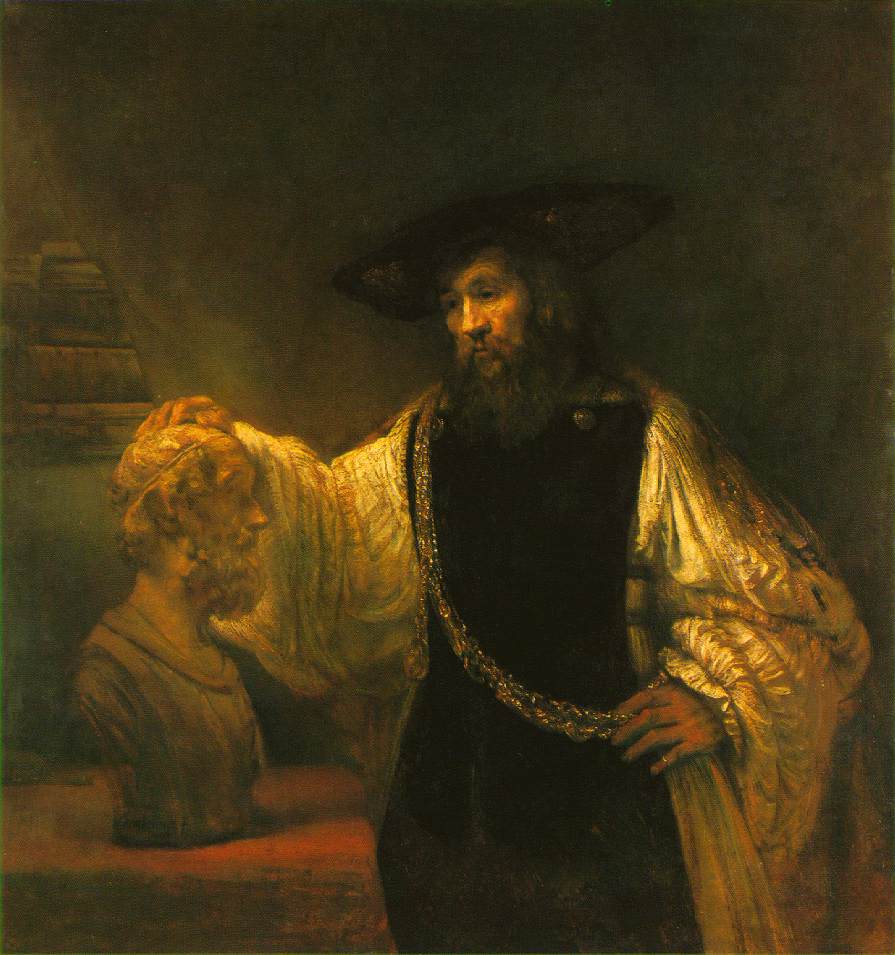
Aristotle and the bust of Homer by Rembrant
Before we go on (and we undoubtedly will), we must address some common misunderstandings. While it is often said that money cannot buy happiness, we can certainly agree that a deficiency of money can certainly bring miseries. Aristotle is something of a pragmatic thinker and so he admits that while wealth will never bring you true happiness, one still has to eat. Therefore, it might not be a bad idea to acquire some wealth so that you can afford things like groceries or a studio apartment. An old professor of mine once described this notion in the following way:
“Being rich won’t make you happy. Still, if you are going to sob, it will be much more comfortable while sitting in a Mercedes Benz rather than on a public bus.”
Money will not bring you happiness. That still leaves the rather obvious question, “what is happiness?” Modern readers often get bogged down when considering this idea. For Aristotle, acquiring happiness is the same thing as “living the good life.” Okay then, fine, whatever…Now you may be asking yourself, “what is the good life,” wringing your hands in unbridled anticipation.
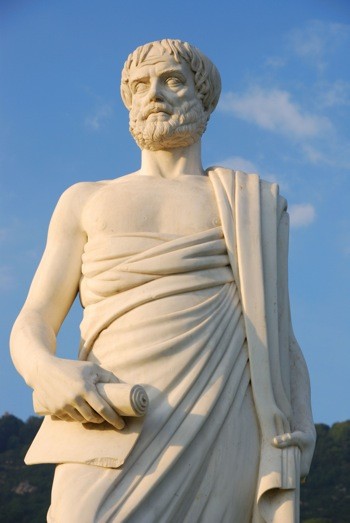
Statue of Aristotle
Surprisingly, Aristotle takes a page from Protagoras of all people. Protagoras, a sophist of ancient Greece, is best known for his assertion that all virtues are determined by the opinions of man which is explained by the quote, “Man is the measure of all things.” Aristotle changes this just enough so that it serves our purposes. Rather than judging a good life by the opinions of any man, Aristotle examines the beliefs of “the excellent man.”
“If this is correct, as it seems to be, and virtue, i.e., the good person insofar as he is good, is the measure of each thing, then what appears as pleasures to him will also BE pleasures. Whatever things are truly pleasant, they will be enjoyed by him.” -Aristotle (Nicomachean Ethics)
The excellent person is something of a hypothetical, for it is very unlikely we could ever find one single, perfect, person. Whatever pleasures are enjoyed by this most excellent person will be the truest and most excellent of all pleasures. There may certainly be others who would disagree with the excellent person. Aristotle dismisses this rather easily.
If you are to disagree with the excellent person, then you are just wrong. This is unsurprising since many are corrupted by evils and selfish desires. They make take pleasure in harming others, for instance. We need not consider these people, for they misunderstand true happiness and are flawed for this reason.
Finally Aristotle tells us that the pleasures enjoyed by the excellent person are expressions of virtue. Expressing virtue is the most excellent of activities and so it would be loved most of all by this excellent person. Of all virtues that we could possibly choose to constitute our happy lives, Aristotle tells us there is one above all others that prevails.
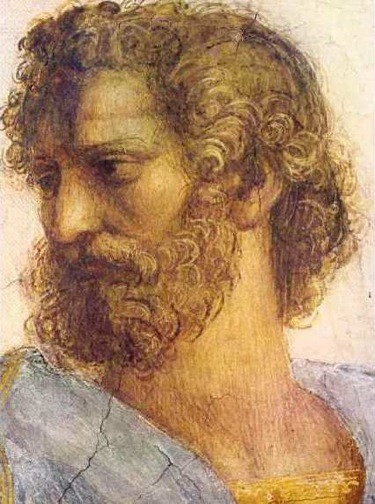
Painting of Aristotle
Remember that happiness is intrinsically good. Happiness is desirable in itself and requires no external goods in order to be appreciated. Certain virtues, however, do require these external objects. A just person, although very admirable, still needs other people to receive his just actions. A generous person, similarly, needs an abundance or resources so that he might give them to others in need. So there remains only one virtue that is desirable in itself, complete and eternally fulfilling.
Happiness is a life in pursuit of wisdom. Finally, after so much consideration, we receive our answer, friends. This idea corresponds very well to earlier Aristotelian essays where the philosopher describes a human being as being a rational animal. While other virtues require others to receive the bounty, wisdom is desirable in itself. The activity of study aims at no thing beyond itself and is pleasurable by its very nature.
Aristotle considers wisdom to be, in some ways, divine, for it is believed that the gods are happiest of all. Of all the virtues the gods may possess, eternal and complete wisdom is the most fundamental and powerful. By pursuing wisdom and a life of study, we become closer to the gods, divine in our own small way.
“…what is proper to each things nature is supremely best and pleasantest for it; and hence for a human being the life expressing understanding will be supremely best and pleasantest, if understanding above all is the human being. This life, then, will also be happiest.” -Aristotle (Nicomachean Ethics)
This idea that a life of study will bring us happiness falls very closely to the ideas of Socrates. The father of Western philosophy once prompted us to live an examined life; to explore and endeavor to discover the true depths of our wisdom and to never falter in our pursuit of understanding and truth.
If a pursuit of wisdom is truly the happiest of lives, then it is perhaps unsurprising that after accumulating great wealth, and raising a beautiful family, so many people find themselves returning to study, the activity that is supremely pleasant. Our ability to learn and our penchant for wisdom make us divine in our own rights; and it is only though the expression of our supreme element that we may truly be happy.

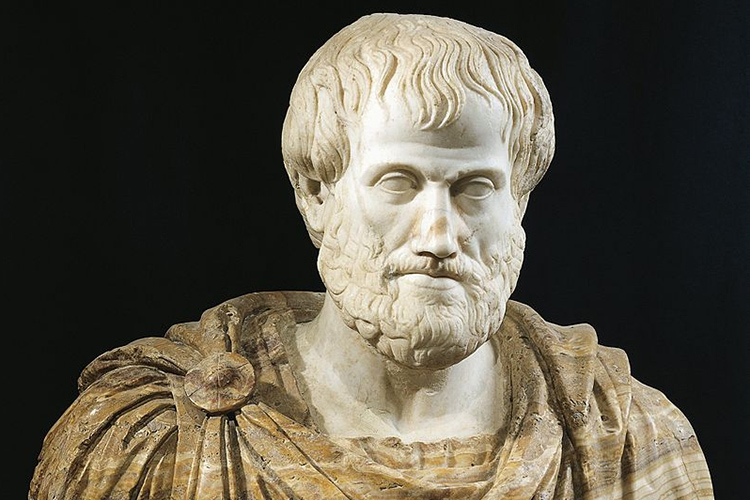








No comments
Trackbacks
Our apologies, you must be logged in to post a comment.